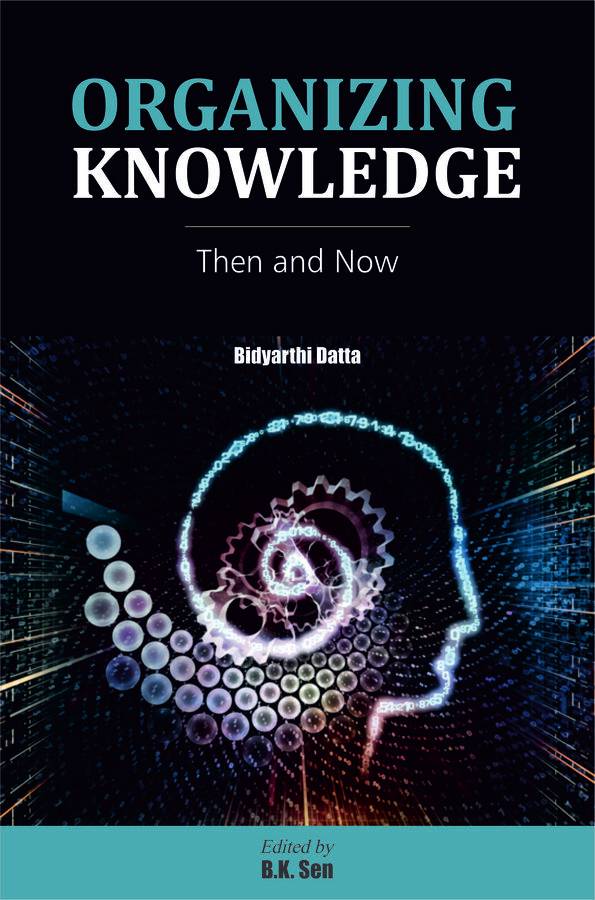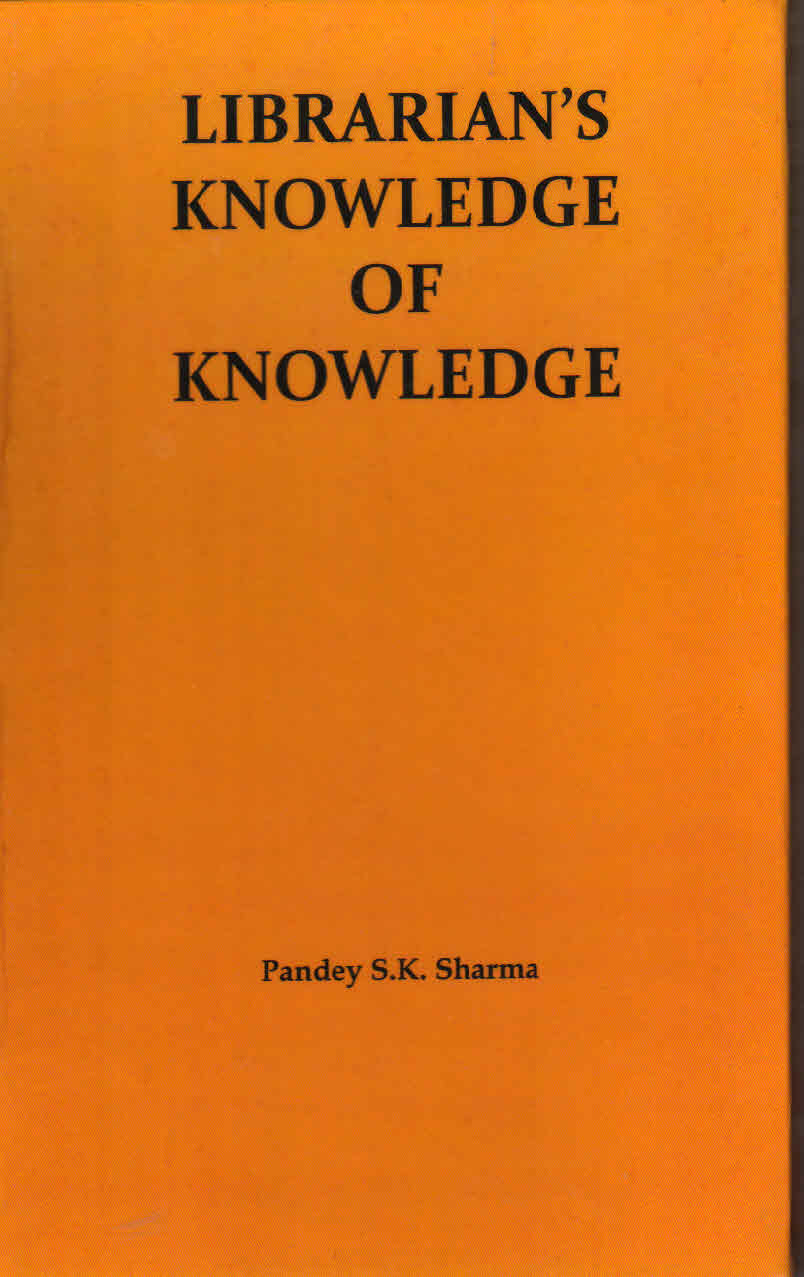Knowledge organization is the key factor in all areas of explorations of human intellect and talent. Once organized the knowledge would be disseminated more swiftly to pave the way for further budding of new bits of information that in turn would create further knowledge. This is a recursion process that makes knowledge generation and dissemination process height faster today.
This book covers major facets of knowledge organization in thirteen chapters. The first chapter gives the brief introduction. The second chapter provides an outline of knowledge society, particularly in the context of functions and activities of UNESCO. The third chapter describes the traditional ways of knowledge organization. The fourth chapter describes the modern views of knowledge organization. The views of Birger Hjorland are described particularly with details. The fifth chapter enumerates different categories of information from different contexts. The sixth chapter describes the concepts of information explosion and information overloading. The seventh chapter lists the possible ways of control of information. The eighth chapter describes the role and functions of keywords as fundamental building block of information and the ninth chapter states different categories of the keywords with examples. The tenth chapter introduces the basic concepts of folksonomy and tagging. The eleventh and twelfth chapters discuss the basic concepts of domain ontology and semantic web respectively. The thirteenth and the last chapter describes the concepts of Web 2.0 and Library 2.0 with examples.




